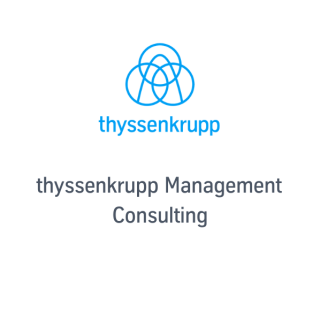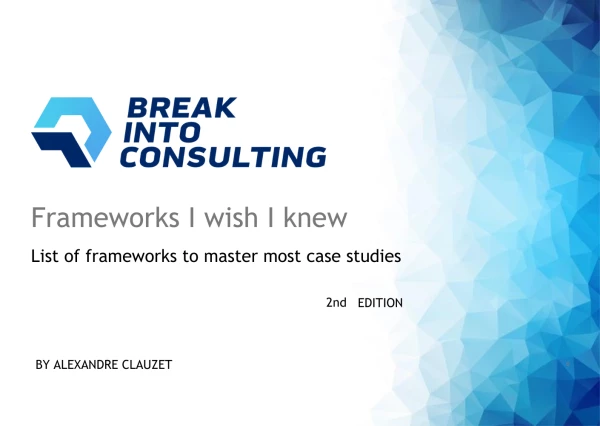I always struggle to make an opening hypothesis, usually because the information I get is not intuitive enough. My question here is that:
1. What are the components of a hypothesis that should be there? is there some sort of format?
2. Should the framework that followed only has to examine about the stated hypothesis? example: you hypothesize based on information you gather about profit declining: "It seems like the problem primarily a saving of cost, so I will assess variable cost and fixed cost". Based on this should we also state that we also want to analyze revenue?








